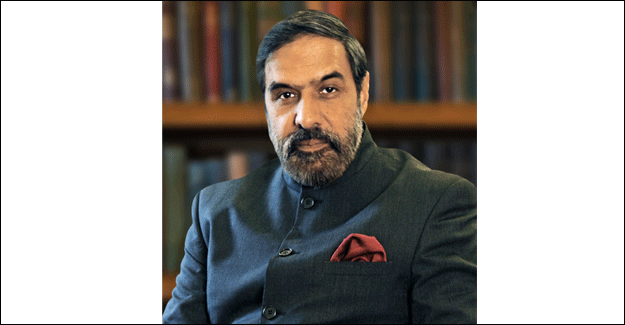India: FICCI emphasises need for labour law reforms in T&C industry
India: FICCI emphasises need for labour law reforms in T&C industry

FICCI has recommended reform of the labour laws to boost India’s textile and clothing industry and raise India’s share in world exports. These recommendations have been submitted to Mr. Ajay Shankar, Member Secretary, National Manufacturing Competitiveness Council and Chairman of Expert Group on National Textiles Policy constituted by Government of India.
Assuming India’s GDP grows by 7% on an average over the policy period as per the scaled down estimates of Planning Commission and assuming that the domestic textiles industry also grows by 7%, it would mean that the textiles industry would be a US$ 278 billion industry, of which exports would account for US$ 145 billion, noted FICCI.
To meet this target, Indian exports require to grow at a Compound Annual Growth Rate (CAGR) of 15.1% over the 10 year period (assuming world exports in textiles and clothing grow by 5%). As per the 12th Plan working group on textiles and apparel, the textiles sector will create additional employment of 15 million by 2016-17, which means the sector can provide 30 million additional jobs by 2023. Given that textiles & clothing sector is a labour intensive sector, FICCI projects that it can provide employment to at least an additional 20 million people from the current 45 million to 65 million by 2023.
Textiles is a labour intensive sector. To make the sector achieve a high growth path, there is a need for enabling labour laws to achieve the desired targets. Taking into account the migratory nature of workforce in the industry, FICCI echoed the industry’s demand of providing affordable housing closer to factories, which will help units attract and retain workforce. These “dormitories” are a well established concept in many countries including Singapore, Malaysia, China and more recently in Bangladesh.



 textileexcellence
textileexcellence 







